T4K3.news
Jumilla bans Muslim festivals from public spaces
The conservative council in Jumilla votes to prohibit public activities for Islamic celebrations.
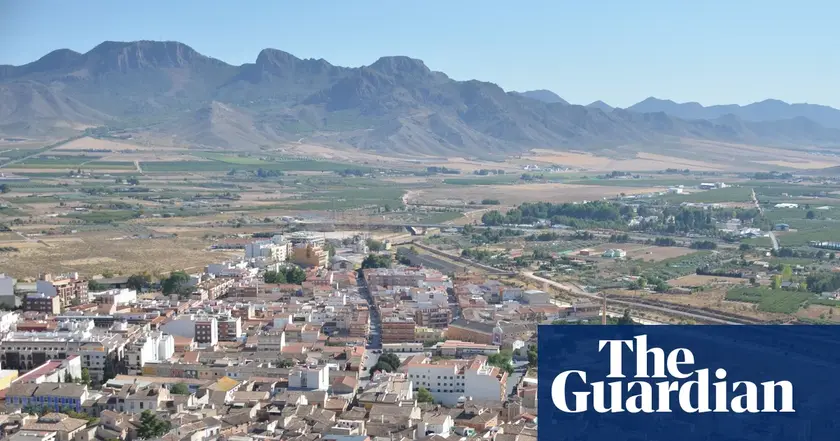
The conservative People’s party in Jumilla votes to prohibit Muslims from using public spaces for religious celebrations.
Spanish town bans Muslim festivals from public facilities
In a controversial move, Jumilla, a town in southeast Spain, has banned Muslims from using public facilities like civic centers and gyms for religious festivities such as Eid al-Fitr and Eid al-Adha. This decision, initiated by the conservative People’s party (PP), marks a significant shift in local policy and is seen as the first of its kind in Spain. While the Vox party abstained from voting, local leftist groups vehemently opposed the measure, which states that municipal venues cannot host activities deemed 'alien to our identity' unless organized by the local government. The ban has drawn strong criticism from leaders of the Muslim community, who label it as discriminatory and rooted in Islamophobia. These developments come amid a backdrop of heightened anti-Muslim sentiment in various parts of Europe.
Key Takeaways
"This decision is Islamophobic and discriminatory."
Mounir Benjelloun Azhari criticized the ban, highlighting its negative implications for Muslims.
"The PP violates the constitution and puts social cohesion at risk."
Francisco Lucas condemned the actions of the People’s party on social media.
"What do they mean by identity?"
Juana Guardiola questioned the meaning of identity in the context of Jumilla's history.
"Spain is and will be forever the land of Christian people."
The Vox party's message reflects a commitment to a singular national identity.
The ban in Jumilla indicates a worrying trend in Spain, reflecting deeper societal divisions over identity, religion, and the rights of minorities. Such measures often arise during periods of political unrest, where populism may overshadow inclusivity and respect for diversity. It poses a significant threat to social cohesion by legitimizing anti-Islamic rhetoric and actions. Historical context shows that Spain has a rich Muslim heritage, and denying this legacy may incite further division rather than unity. As communities react to such decisions, it remains to be seen how this will impact broader conversations about freedom of religion and cultural acceptance in Spanish society.
Highlights
- Denying access to public spaces threatens social harmony.
- This move highlights a rise in intolerance that cannot be ignored.
- Protection of identity should not come at the cost of exclusion.
- History teaches us about the dangers of denying cultural legacy.
Political and social risk from ban
The decision to ban Muslim festivals from public spaces has sparked outrage and concerns about rising intolerance in Spain, potentially leading to further division and unrest.
As discussions unfold, the future of religious expression in public spaces remains uncertain in Spain.
Enjoyed this? Let your friends know!
Related News
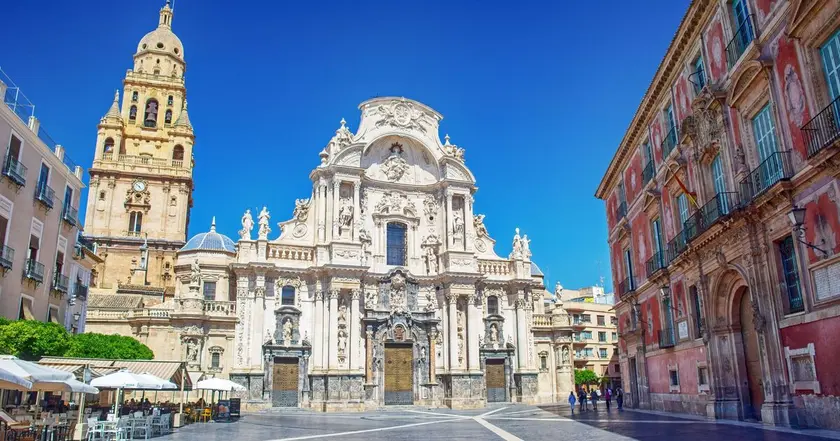
Jimilla council passes ban on Islamic festivals
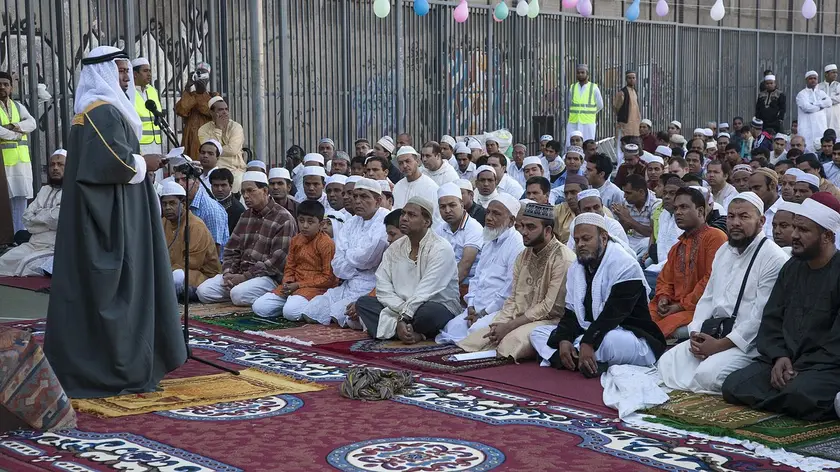
Jumilla enacts ban on Muslim religious festivals
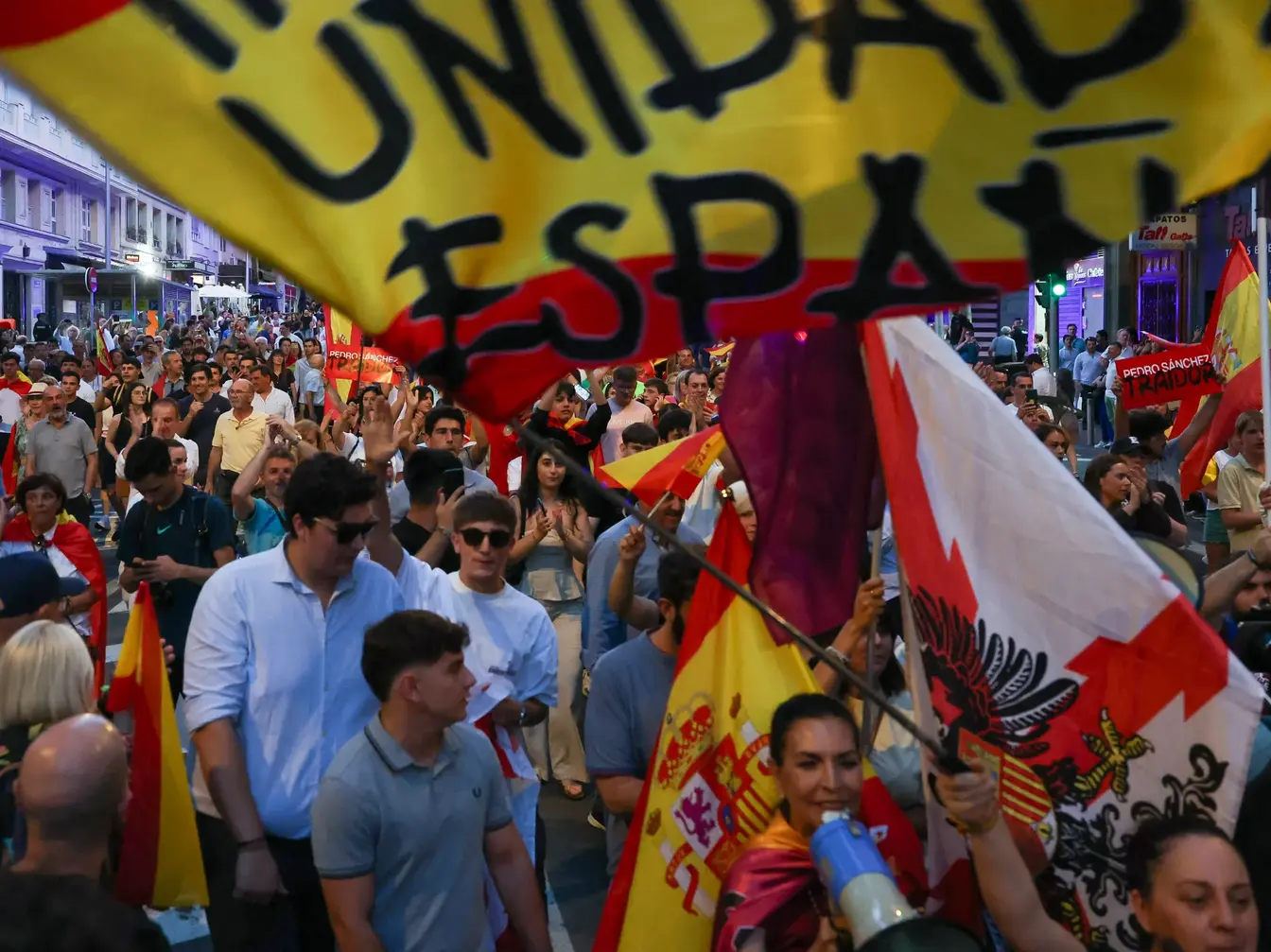
Jumilla bans religious gatherings in public spaces

Authorities prepare for protests across England this weekend

Kneecap banned from Hungary for three years
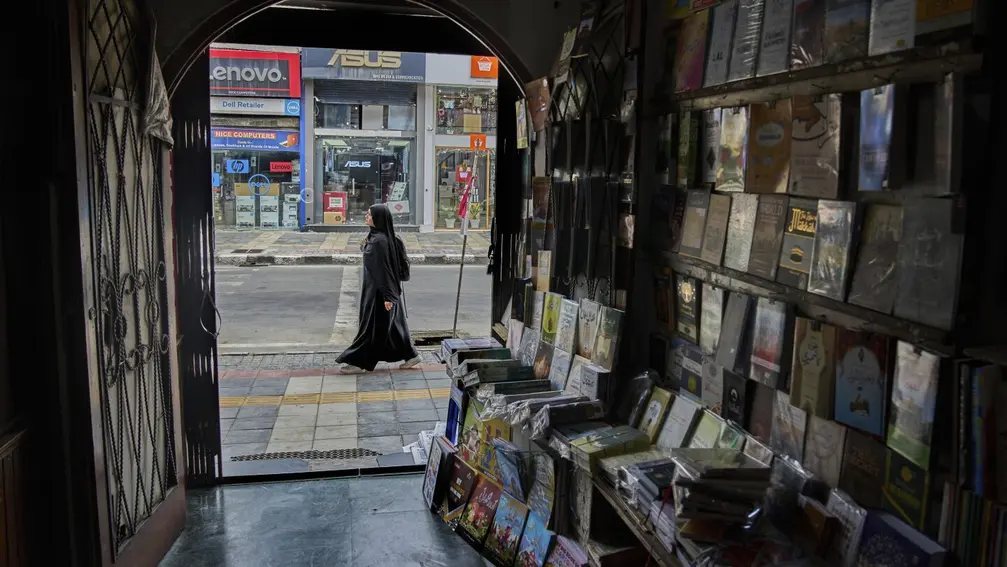
Indian authorities ban 25 books in Kashmir

Katie Price excluded from Princess Andre reality show

London Trans+ Pride 2025 attracts record attendance
